Before you like, comment or share content online, ask yourself… Does it look right? Does it sound right? Use the SHARE checklist below to help you spot false information.
Useful things for young people aged 11-14
"There is a problem in sport with underfuelling and underloading. That comes with the constant demands to look a certain way and, unfortunately, a vitriolic environment that comes from social media.
"I always urge everybody to be mindful of that because we're destroying people in many ways."
Not In Our Community is developed and continually improved with young people, including survivors, to help us protect ourselves and friends from grooming and sexual or criminal exploitation. The resource includes teaching materials and information for professionals and parents and carers.
British photographer Rankin found 15 teenagers who don't regularly use photo editing apps and took simple, natural portraits of them. After a quick lesson on how to use basic editing apps on their phones, they were asked to filter their image so that it would get more likes. The results are an astonishing look at how our online images are becoming increasingly homogenized and the effects these beauty ideals are having on our youth. (2019)
There are so many stories and pieces of information flying around on the internet that it can be hard to know what’s real and what’s fake.
If you have a gamer in your household, chances are you’ve heard the word ‘Twitch’ being used. The name sounds fun, age-appropriate, and harmless. It would be easy to assume it is a type of game or a new slang word.
In reality, Twitch is a far more complicated platform that can expose children and young people to age-inappropriate content in a hard-to-control environment.
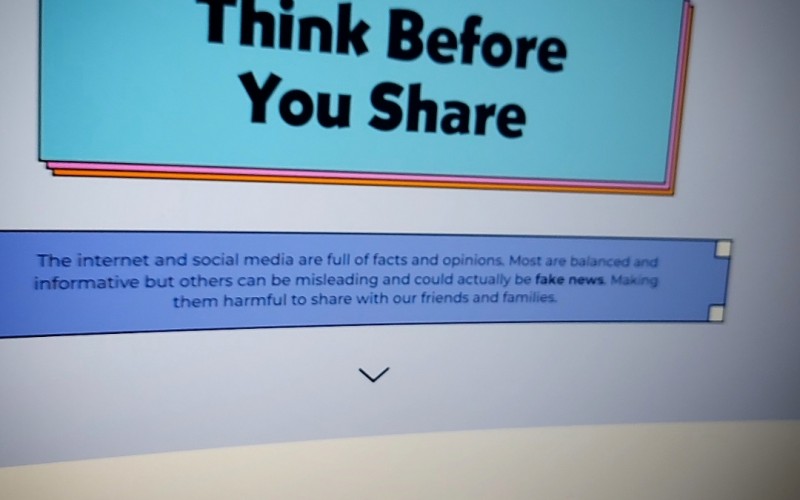
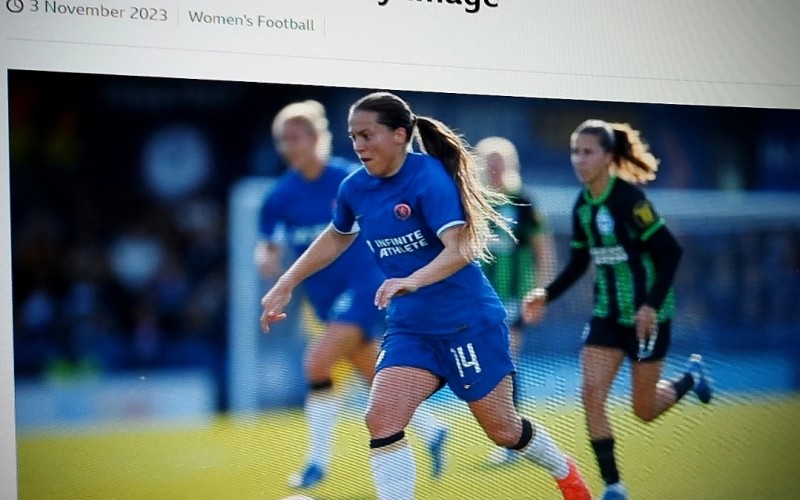
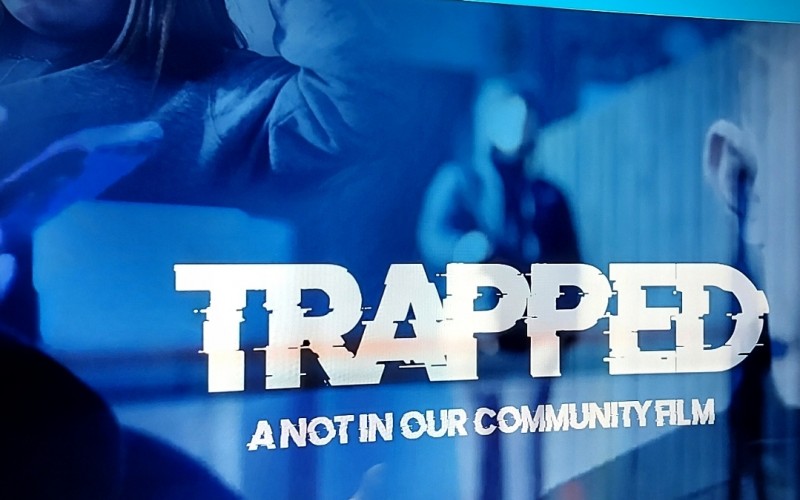
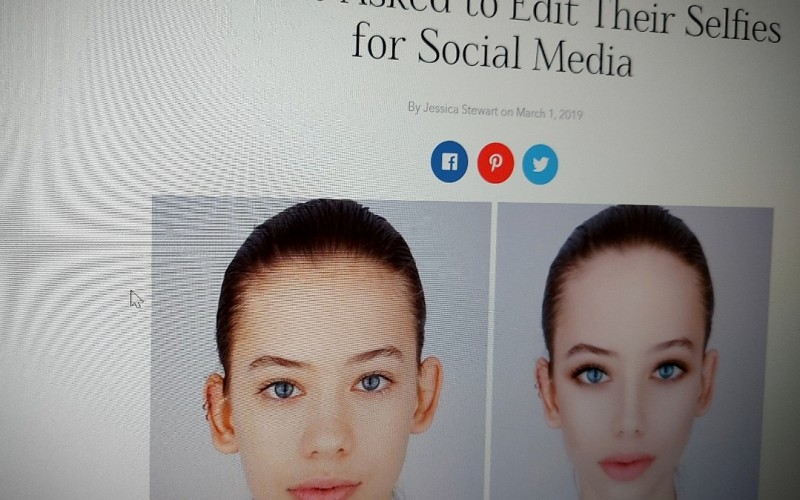
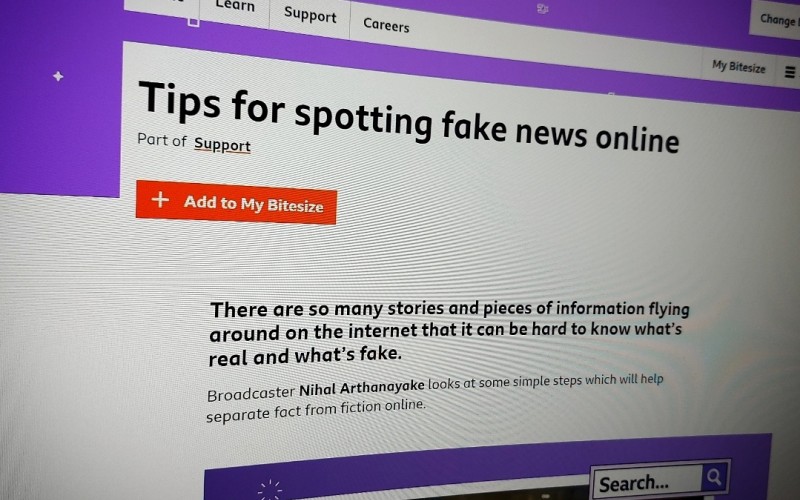
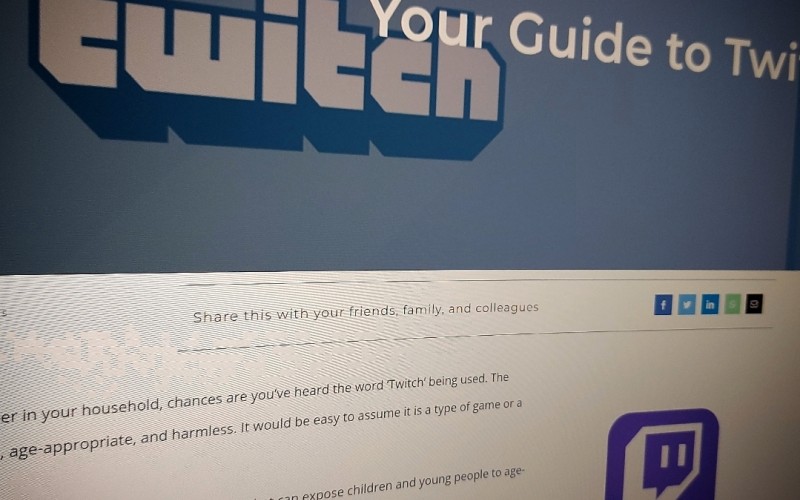
Comments
make a comment